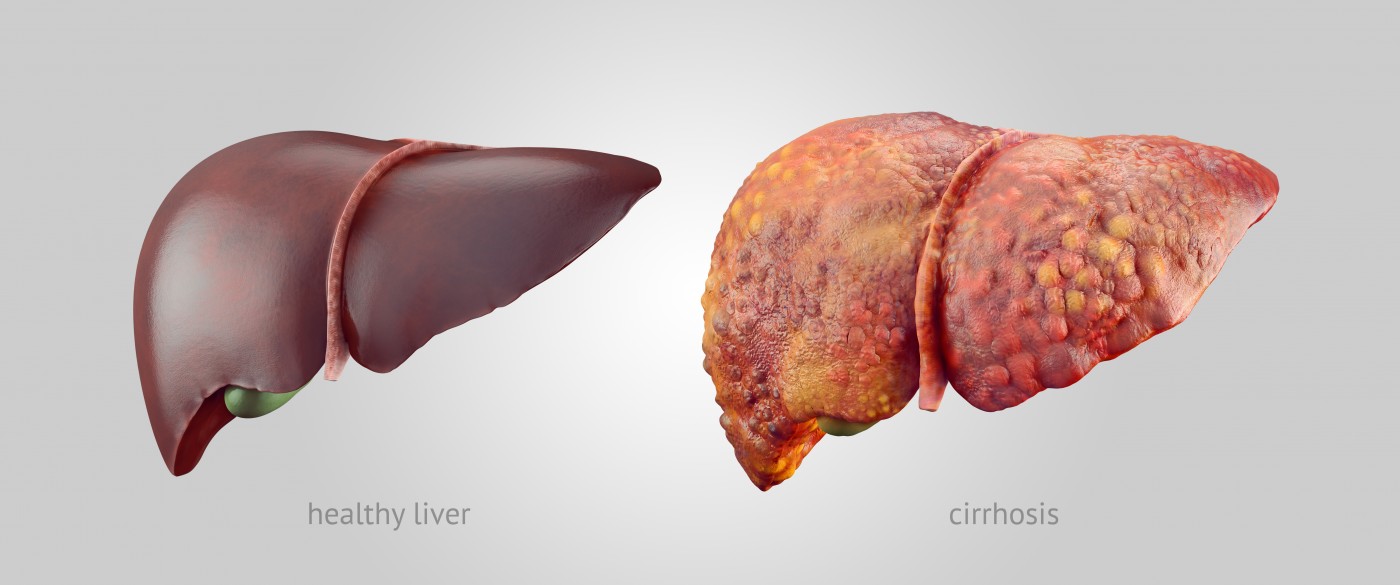Viking Therapeutics Requests IND Status for New Fatty Liver Disease Therapy

Viking Therapeutics, Inc., a biopharmaceutical company specializing in therapies for endocrine and metabolic conditions, recently announced the submission of an investigational new drug (IND) application to the U.S. Food and Drug Administration (FDA) for its drug candidate VK2809. Viking is planning a Phase 2 clinical trial of VK2809 for the treatment of hypercholesterolemia (high levels of cholesterol in the blood) and fatty liver disease, a mitochondrial disease.
VK2809 is a small molecule, orally available, that acts as an agonist of the thyroid receptor, being selective for liver tissue and the beta receptor subtype. The activation of the thyroid receptor beta in liver tissue is thought to have a positive impact on cholesterol and lipoprotein levels through several mechanisms, including the increase in low-density lipoprotein (LDL) receptors expression and the increase of fatty acid oxidation in mitochondria.
Hepatic mitochondrial dysfunction plays a key role in the development of fatty liver disease, including non-alcoholic steatohepatitis (NASH). In the United States, it is estimated that 33% of the adult population (71 million) have high levels of LDL cholesterol (LDL-C). Additionally, NASH is rapidly becoming a leading cause of cirrhosis and liver failure, affecting 6 million to 15 million Americans.
In previous Phase 1 trials, VK2809 was found to reduce LDL levels, triglycerides, and lipoprotein-a and apolipoprotein B in patients with mild hypercholesterolemia. VK2809 was also shown to induce a rapid reduction of liver fat in animal models of hepatic steatosis (the abnormal retention of fat in liver cells), and to lower cholesterol levels in combination with statins. The properties of VK2809 make it an oral therapeutic option, with a differentiated profile from existing therapies, for the treatment of patients with hypercholesterolemia and fatty liver disease.
The planned Phase 2 clinical trial will be a randomized, double-blind, placebo-controlled study to assess the efficacy, tolerability and safety of VK2809 in around 100 individuals with high LDL-C levels and fatty liver disease. Patients will receive either a daily dose of VK2809 or a placebo for a period of 12 weeks. The company expects to conclude this trial in 2016.
“We are eager to evaluate the therapeutic impact of VK2809 in patients with hypercholesterolemia and fatty liver disease,” said Dr. Brian Lian, chief executive officer of Viking in a press release. “Prior human data suggest that treatment with VK2809 leads to significant reductions in LDL-C, triglycerides, and atherogenic proteins. In addition, animal models of hepatic steatosis have demonstrated compelling reductions of liver fat content following treatment. VK2809’s novel liver-targeted mechanism of action provides a unique opportunity to potentially improve plasma lipid levels and reduce hepatic steatosis simultaneously, which may provide important therapeutic benefits for patients.
“Together with our recently-initiated Phase 2 clinical trial of VK5211, our lead program for muscle and bone disorders, the Phase 2 VK2809 study will represent the second key clinical trial we will have underway by year-end. We believe we are making excellent progress toward our goal of unlocking substantial value from our pipeline programs.”






